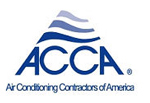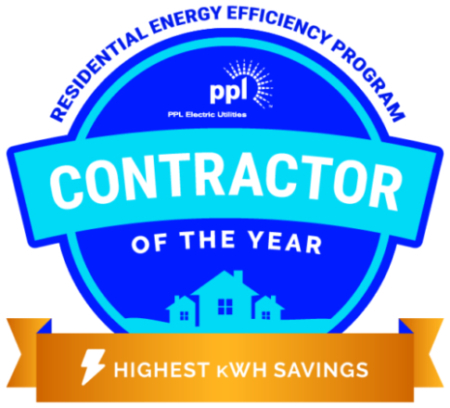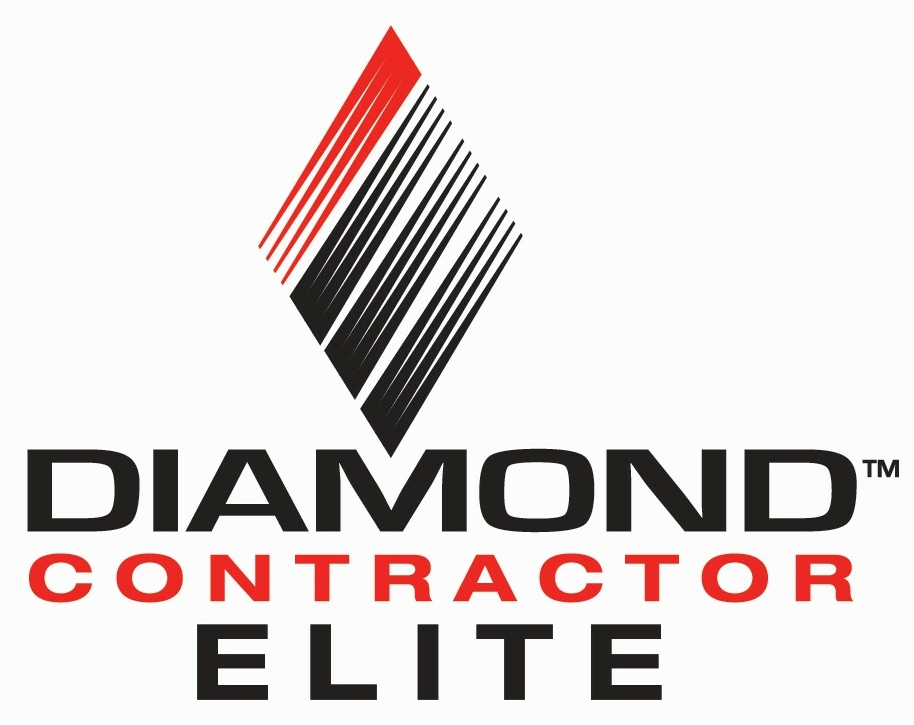Gas vs. Electric Heating Systems
It’s a common question for homeowners — which are better, natural gas heating systems or electric heating systems? If you already have a gas heating system, should you switch to electric, or vice versa? To help you understand which heating system is better for you and your home, it will help you to know a little bit about the benefits of each.
How Heating Systems Work
Natural gas heating systems produce heat through combustion. You have a furnace or boiler that are fed with gas, which is then ignited. The combustion then generates heat, and a blower or circulator then transfers that heat throughout your house. Combustion gas is exhausted from your home, and a high efficiency system will include a fresh air intake to provide new combustion air.
Electric heaters, on the other hand, operate on electric power much like your air conditioner. They draw electricity from the power company and turn it into heat energy. There is no exhaust system because there is no combustion. While a heat pump will operate using electricity but very efficiently during full heat pump operation. When temperatures dip heat pumps will lose efficiency forcing them to rely on backup electric to maintain the homes temperature. Some newer heat pumps are starting to become very efficient even during very cold temperatures.
Advantages and Disadvantages of Natural Gas Heating Systems vs. Electric Heating Systems
One of the main advantages of electric heating systems vs. gas heating systems is that they can be cheaper to install. An electric central heating system can cost less than that of what it costs to install a natural gas system. However, over the long haul, you will probably save money using a natural gas system, since gas is cheaper to use than electric and the systems have become so efficient. A gas furnace or boiler will also provide a more comfortable, less dry heat than electric. Another advantage to an electric system is that you do not require any kind of gas line or exhaust vent for the system to work. If you do not have access to gas or do not want to put one in, electric heat, heat pump, or a ductless system will be your other options for heating your home.
Some people also do not like the idea of gas in their home, fearing it may explode, or that it may be vulnerable to carbon monoxide leaks. However, an explosion is unlikely. The flame heats up the heat exchanger to produce vapor that then heats the home. Carbon monoxide or CO leaks are possible with older furnaces, but you should have a low-level carbon monoxide detector installed and working anytime there is a fuel burning appliance in a home, you should have plenty of notice should there be a leak.
Central PA winters can be cold and we have significant heating needs, gas will usually be a better option if it is available to your home. Gas heating is far more efficient than electric heat, it also heats up your home much faster. In the short term, installing an electric heating system may be cheaper, but your electricity bill can skyrocket, relative to your gas costs with a gas heating system.
Call Zimmerman Plumbing, Heating and Air Conditioning for Gas Heating System Installation and Service in Pennsylvania
If you are interested in putting in a new natural gas heating system, or if you’re thinking about replacing your existing system, Zimmerman Plumbing, Heating and Air Conditioning can help. We also offer thorough, affordable repair service and maintenance for your home electric or gas heating system. We are a family-owned and operated plumbing, heating and air conditioning company that has been helping satisfied customers throughout Harrisburg, Mechanicsburg and surrounding areas in Pennsylvania for years. Our friendly, highly-trained staff is experienced with all types of electric and gas heating systems and can install, repair or maintain yours at a reasonable cost.
If you’re interested in saving money while thoroughly heating your home this winter, call Zimmerman Plumbing, Heating and Air Conditioning at 717-697-3528 today.











